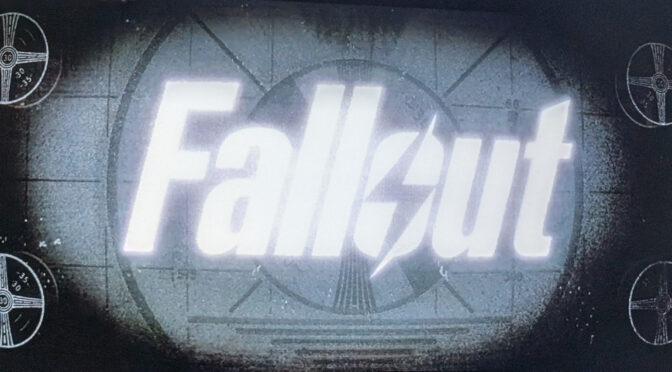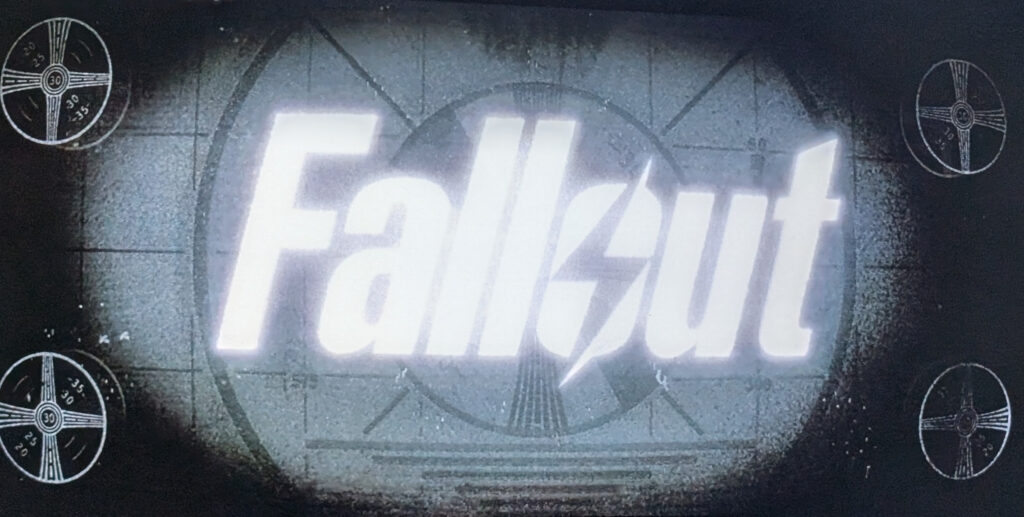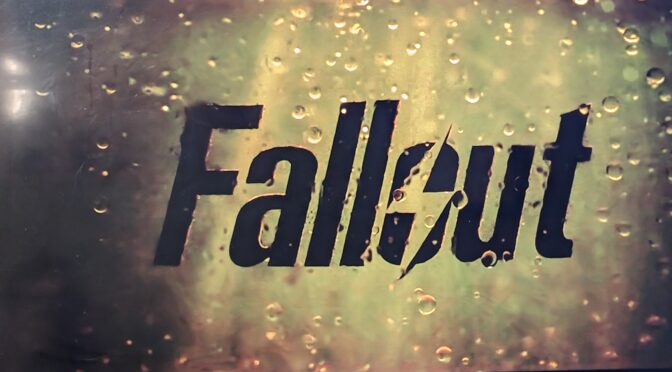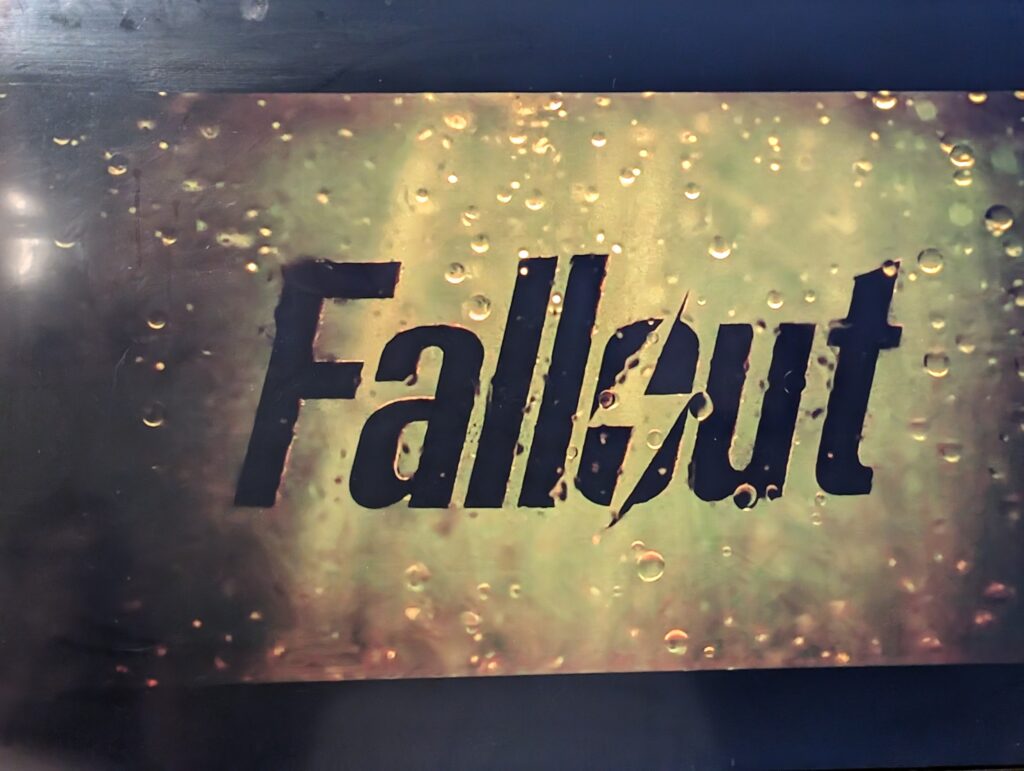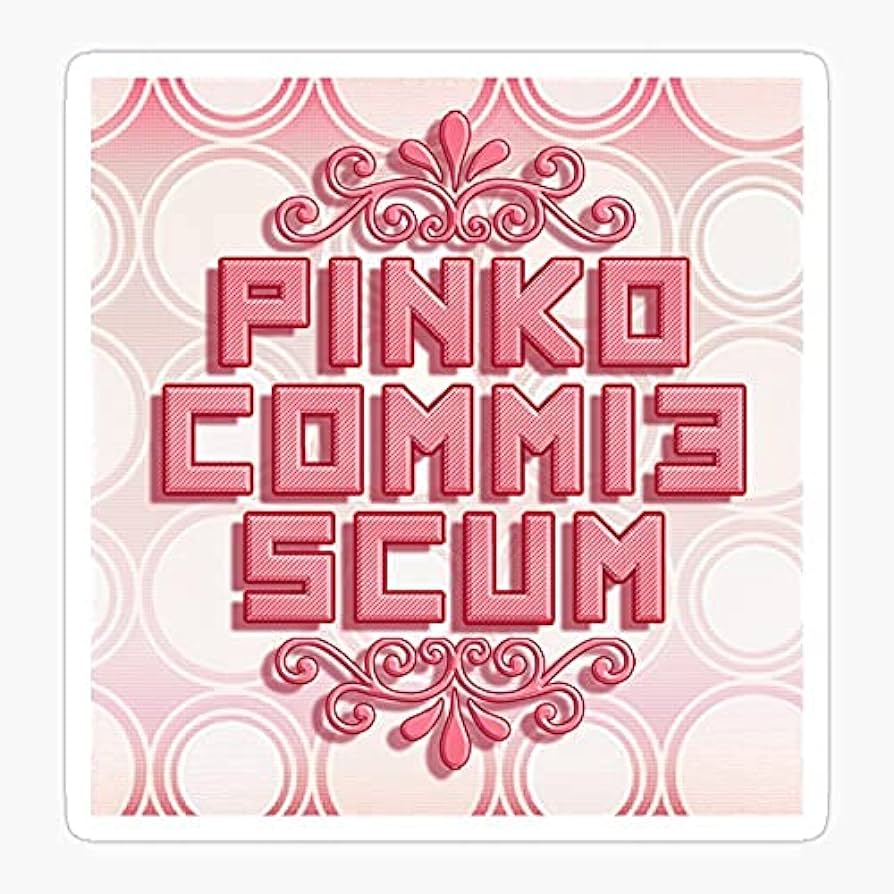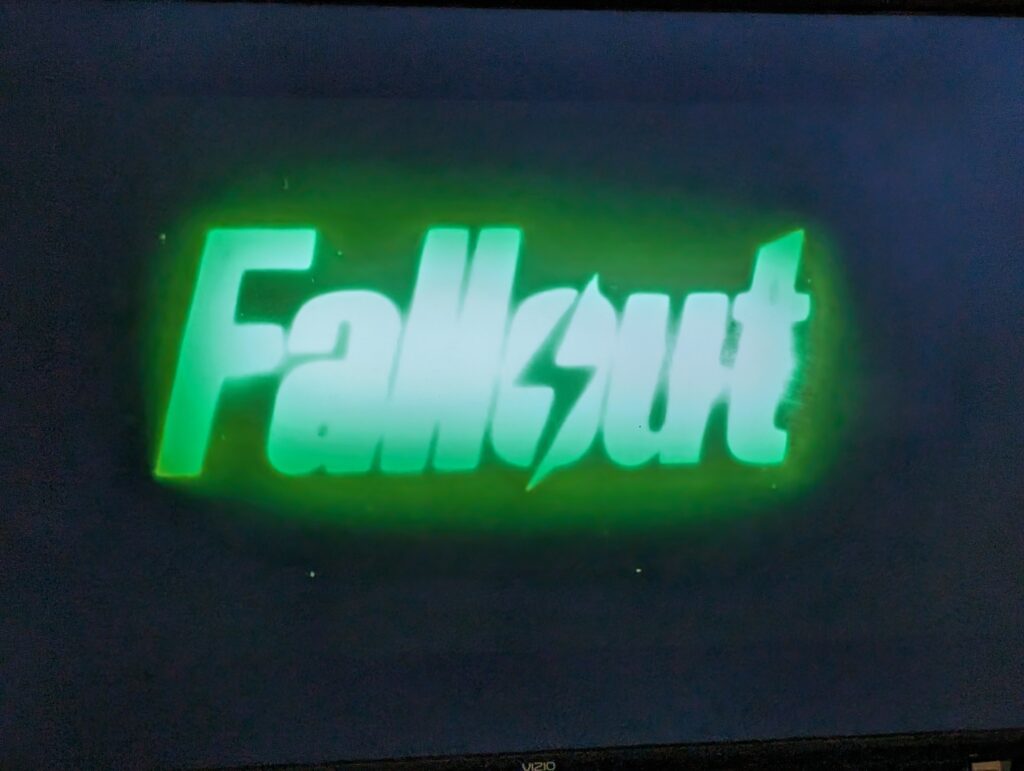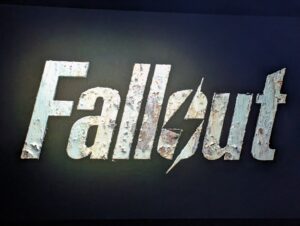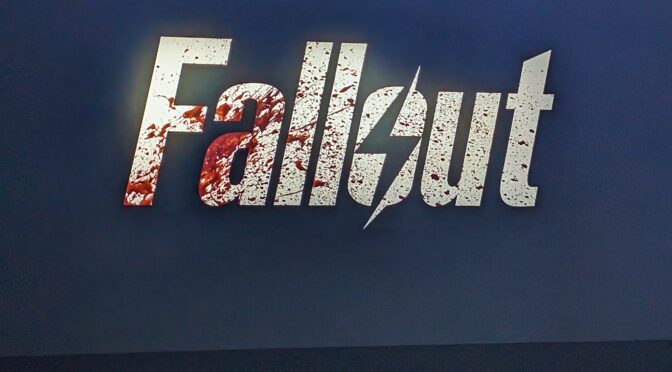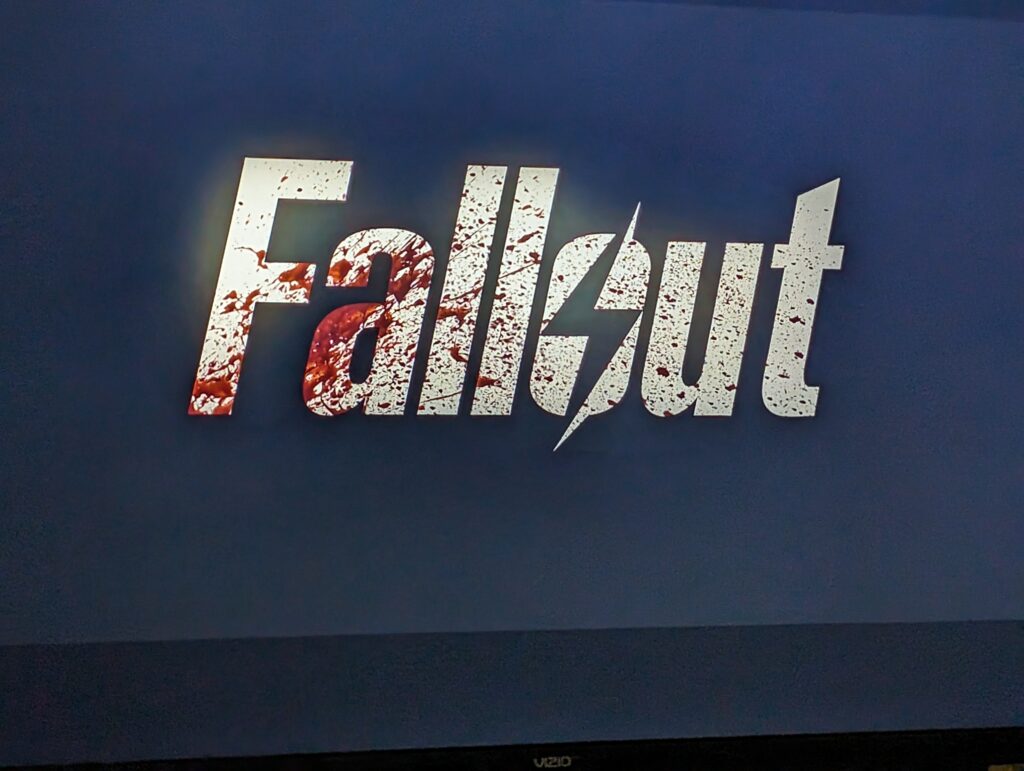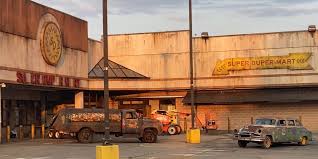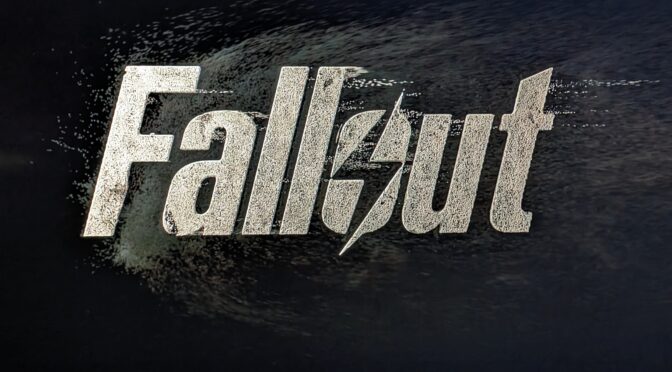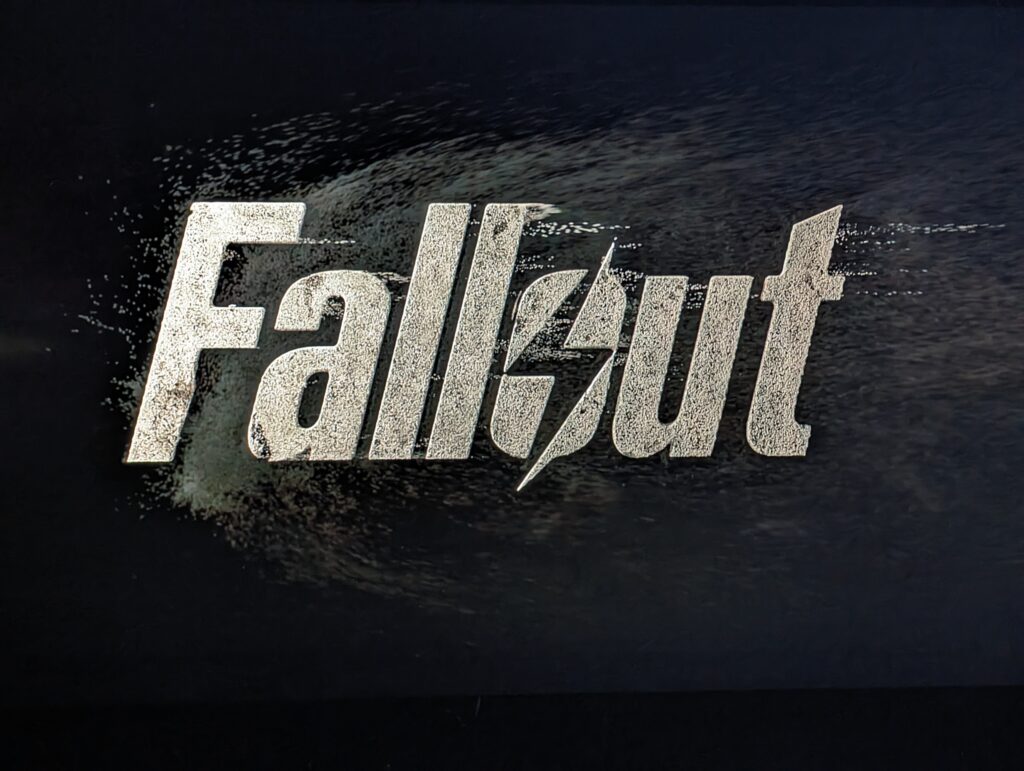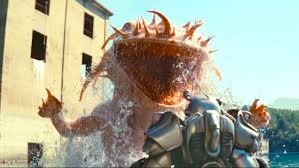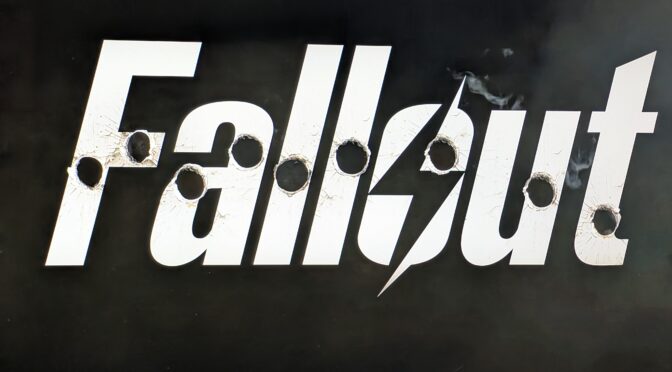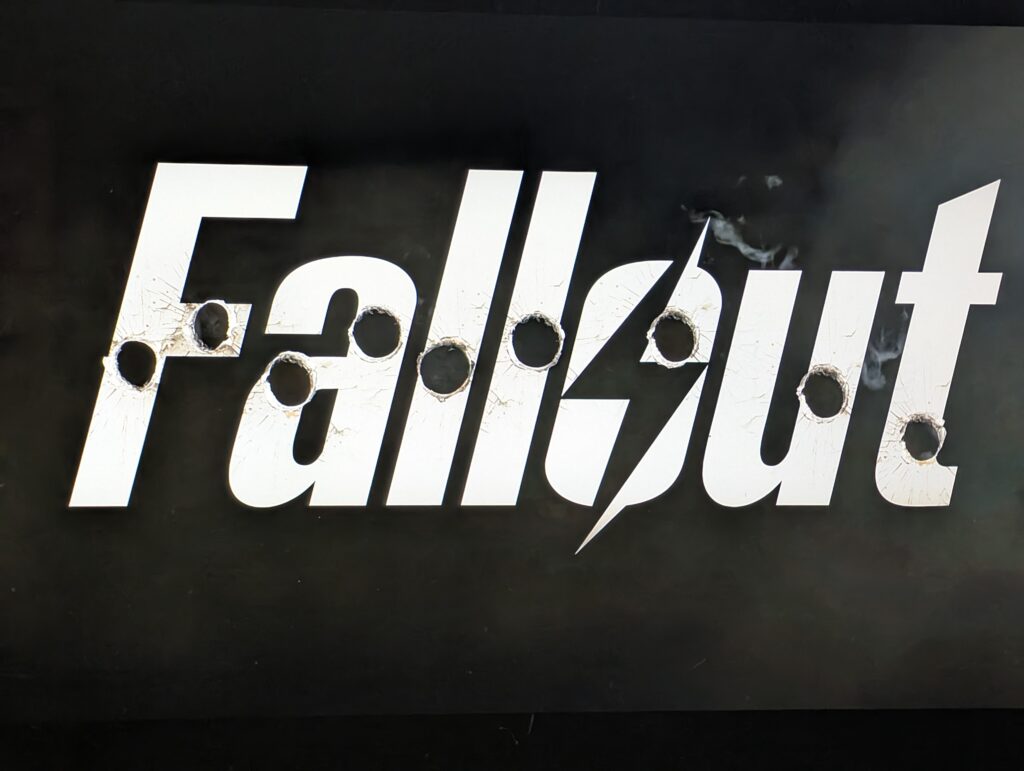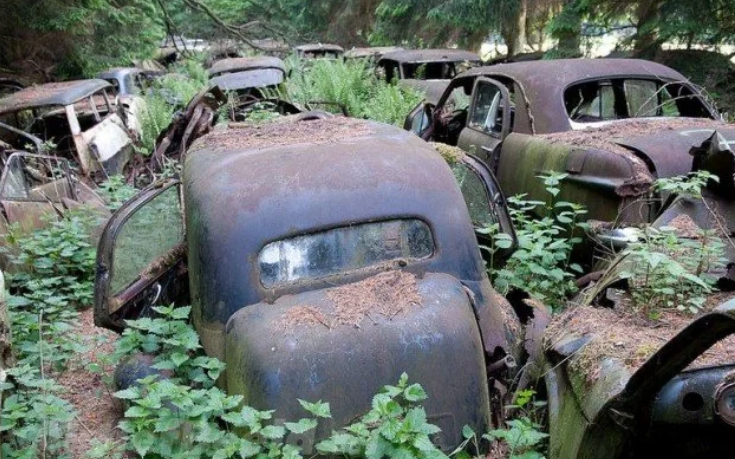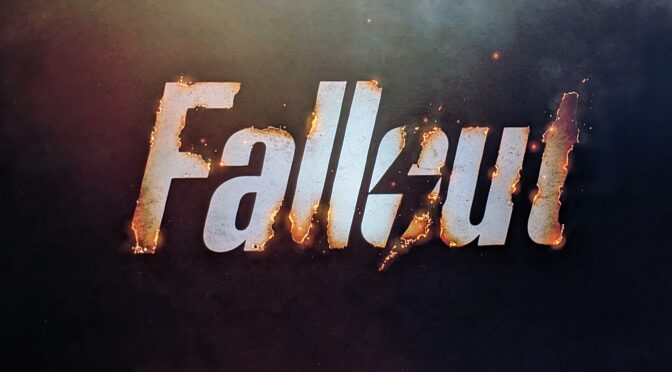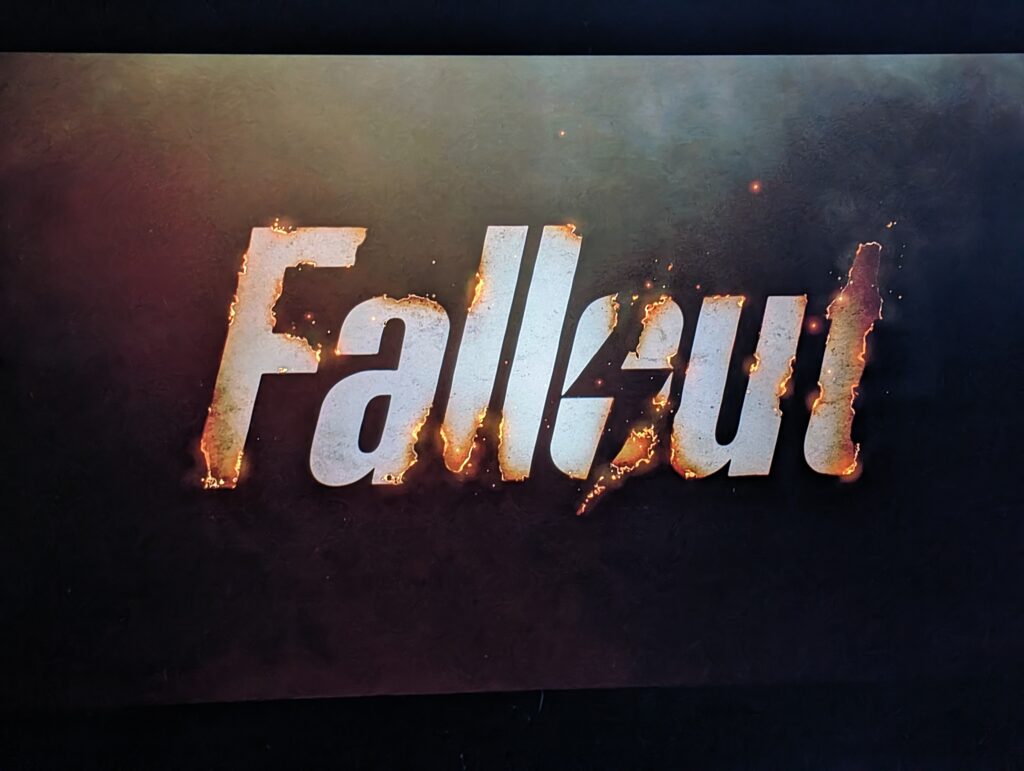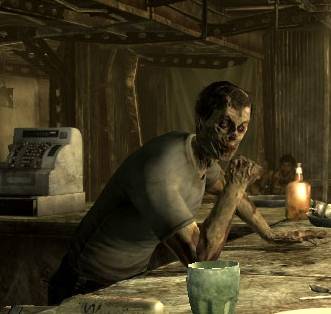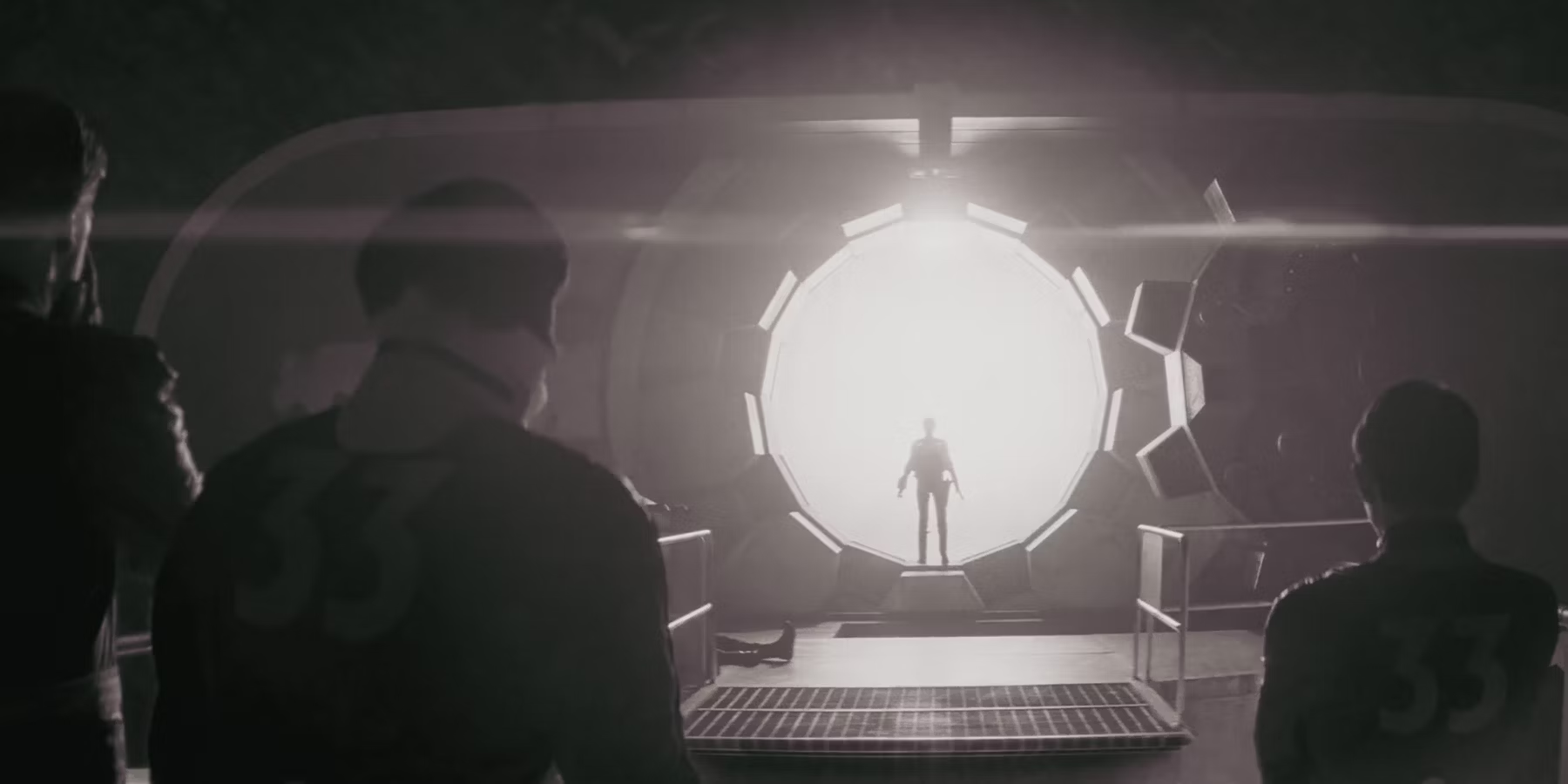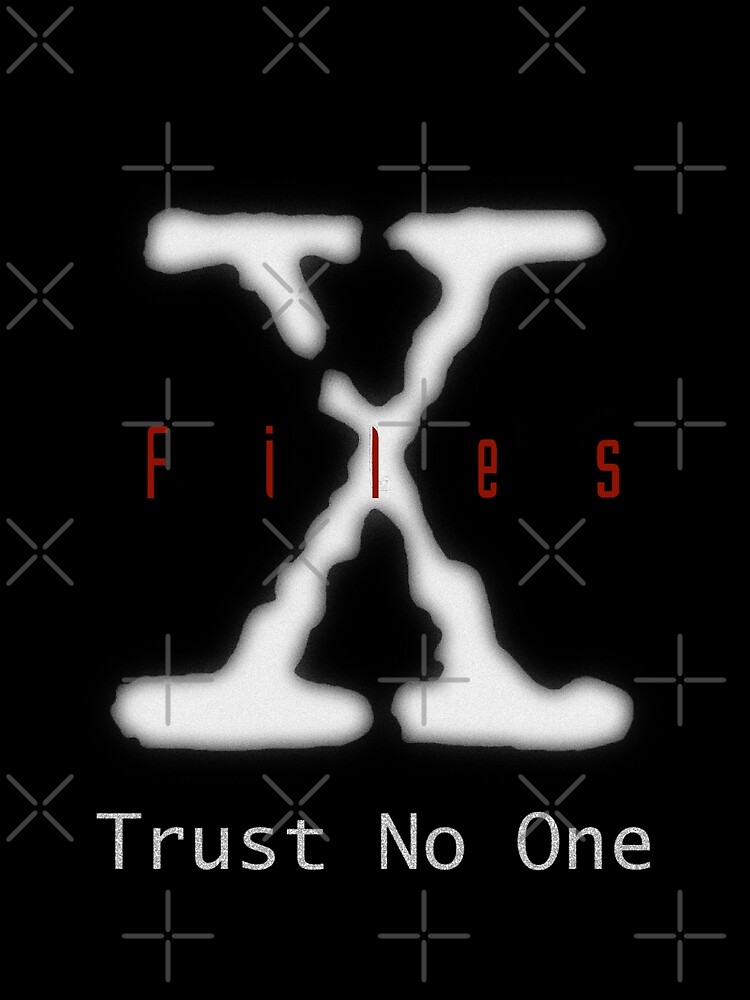Introduction
As I wrote in the plot summary, we arrive at the end of Fallout From the End of School 2024 with the Fallout episode 8, last episode of the first season. I say first season because they greenlit the second season. Now, we wait 2 or 3 years for them to write, film, edit, and release. Thankfully, you all have Fallout Final Fridays to keep you through. A lot in this episode, so let’s get started.
Plot Summary and Analysis
Click here for the plot summary.
Cooper gets blind sided. He finally hears what his wife thinks of the end of the world, the vaults, and the aftermath. They pull the old rope-a-dope with her talking initially about her children and the future of the kids before pulling out the rug and ensuring that while their future will be okay, the same can’t be said for countless others. Because, after all, what kind of world is it when the cheap suits are in charge. Hint: Take a look around you.
Lucy, too, learns that everything she knew was a lie. Her father is a monster who nuked an entire town out of existence because his wife decided that she was happier without him and his insistence to live in a sardine can. Her mother is ghoulified, but kept alive out of Moldaver’s loyalty to her and their dreams of bringing unlimited power to the poor dregs who live in the Wasteland.
Norm mirrors his sister’s journey with Bud the Brain Roomba as his guide. He learns about Bud’s dumb ass idea to save the world and then gets trapped in Vault 31 with the psychotic micro manager. Perhaps for centuries? I doubt that. Norm will find a way.
Max uses the Brotherhood to bring him back to Lucy before discovering that what Dane says might just be true. Nowhere is safe, not even the idyllic vault where he and Lucy will live happily ever after. The Ghoul comes very close to finally getting the answer he’s been waiting 200 years for before Hank gives him the slip once again.
Cold fusion fires up the lights in the Wasteland. The Brotherhood salute Max as a conquering hero. Lucy finds herself again with The Ghoul and Dogmeat. And Hank stands before the town of New Vegas. What awaits them all? We just have to wait and see.
Character Profiles
Every single character saw some part of their life upended in this episode. In many cases, everything they thought they knew was a lie. Lucy reacts with her usual kindness and forces her father to give Moldaver the code. Hank lashes out at Moldaver, calling her a liar and just as bad as him. Max still wants to spend his life with Lucy and stupidly tries to fight off armored Hank
Norm, bad ass that he is, immediately goes to tell the rest of the dwellers about Bud’s Buds. Everything he suspected was true and, yet, he’s still shocked by the sheer madness of it all. Only The Ghoul escapes unscathed, but that’s only because his reality shattered 200 years ago with the revelation that his wife and her cohorts planned the entire thing to bring their insane plans to life through the glory of capitalism.
World Building and Setting
We finally get an answer to “What happened to Shady Sands?” Actually we get the answer to the question, “Who…?” For those who haven’t played the games, they get a glimpse into the behind the scenes machinations that brought the horrors of the vaults to life. At the end of the show, numerous viewers no doubt ran to one Wiki or another to verify the location at the end of the episode.
However, the star of the episode is Moldaver’s encampment that grew out of the destruction of Shady Sands. It represents everything that I hope out of a post apocalyptic civilization. I just hope that we learn from our mistakes and work together. A pipe dream, I know, but more likely with less people in that society. Not that I advocate for the end of society. Simply that I’ve thought about it. And, I have ideas.
Themes and Social Commentary
Wow, they put it all out there in this episode. The greed of corporations vs. the benign scientists. Less heavy on the communism vs. capitalism this time. But, they laid out that argument in the last episode quite nicely. Besides, it’s not communism vs. capitalism. It’s regulated vs. unregulated. When there are no guard rails, the capitalists will drive us all off a cliff.
When there’s nobody left to fight, who will fight? The answer, everyone. You think that if the Nazis actually succeeded in wiping out the Jews, they’d stop there? No. They’d keep going, getting more and more specific until two guys left just stabbing each other because of eye color or some other nonsense. The utopia, on either side, is simply not sustainable.
Is anywhere truly safe? Yes, you can make your area safe. My house is safe for me and my family. Also, for anyone else who wants to visit and doesn’t cause a ruckus. Does that mean violence cannot happen here? Of course not. But, the violence will come from outside and it will be dealt with. I can promise you that.
What would you do with unlimited power? They wrap it in the concept of cold fusion, but it represents the power to rule and control. Moldaver handed it off to the people. Whoever gets it next won’t be so giving, I promise you that.
Narrative Structure, Pacing, and Soundtrack
They opted for much shorter scenes this time around and more rapid transitions. This allowed them to drop bomb after bomb (pun intended) and each of them hit just as hard. Consequently, the pacing felt quick but manageable. Again, since only one reveal happened each time, you can catch your breath before the next.
Allowing the story to tell itself, they leaned less on the soundtrack this time. Only two actual songs in the whole episode. One to emphasize Max’s efforts to get to Lucy. The other told the story of The Ghoul, DogMeat, and Lucy striking off to find her father again. Another understated but good choice by the production team.
The Verdict
All I have to say is, Wow. This is how you do a season finale. Everything that they built up over the season gets resolved. Not only that, but they keep just enough loose ends open that you want to come back for more. I have often said that a poor ending can otherwise derail a great effort. That isn’t the case here. They stuck this landing. Fallout episode 8 goes down as one of the best episodes in recent memory.

